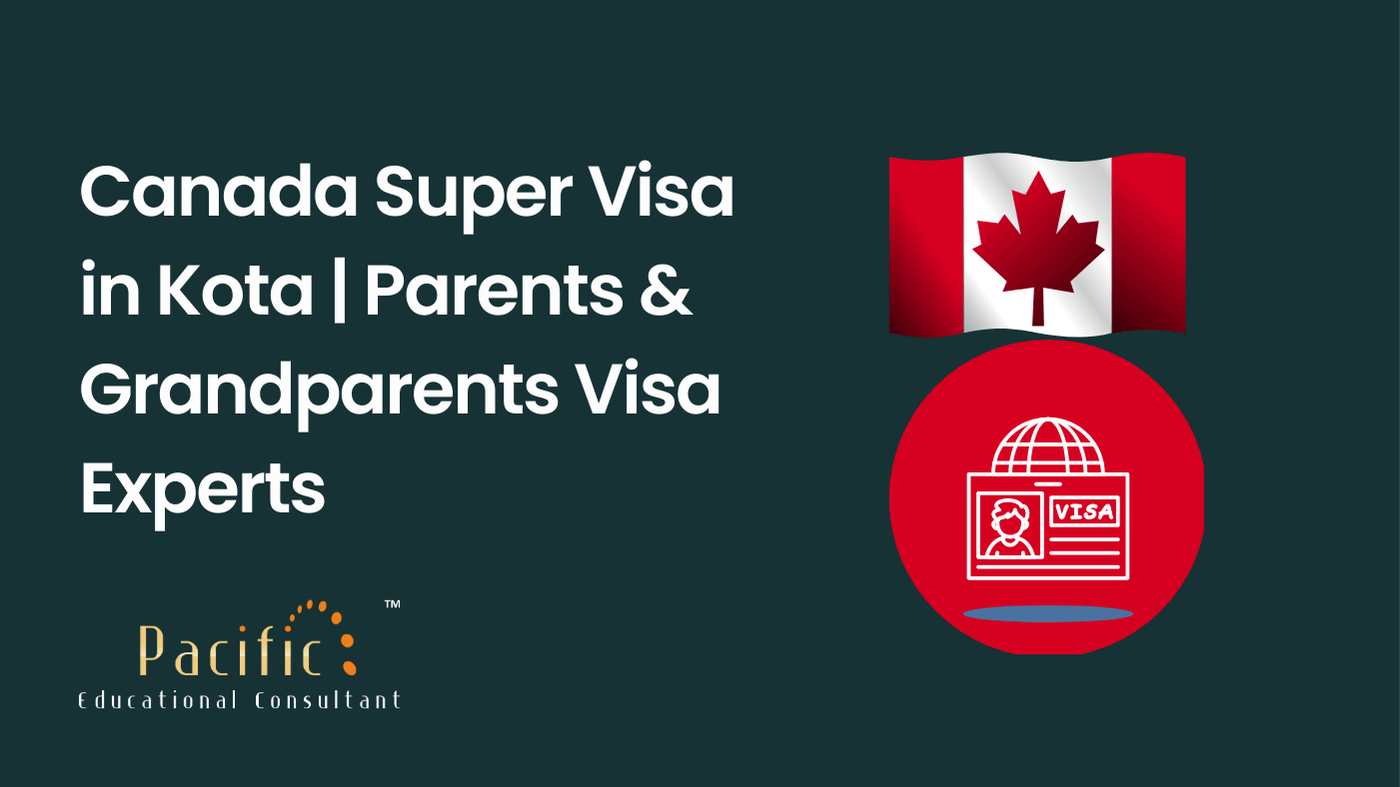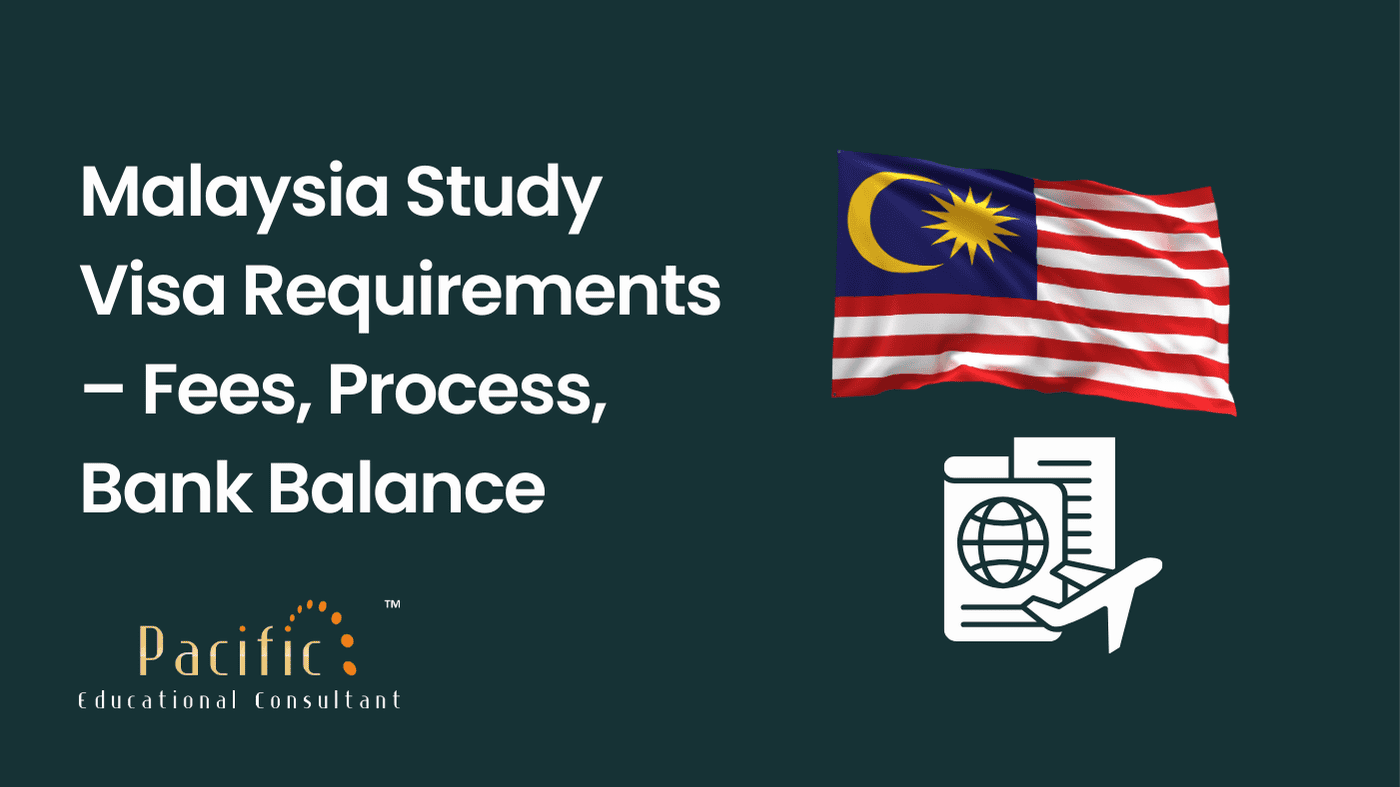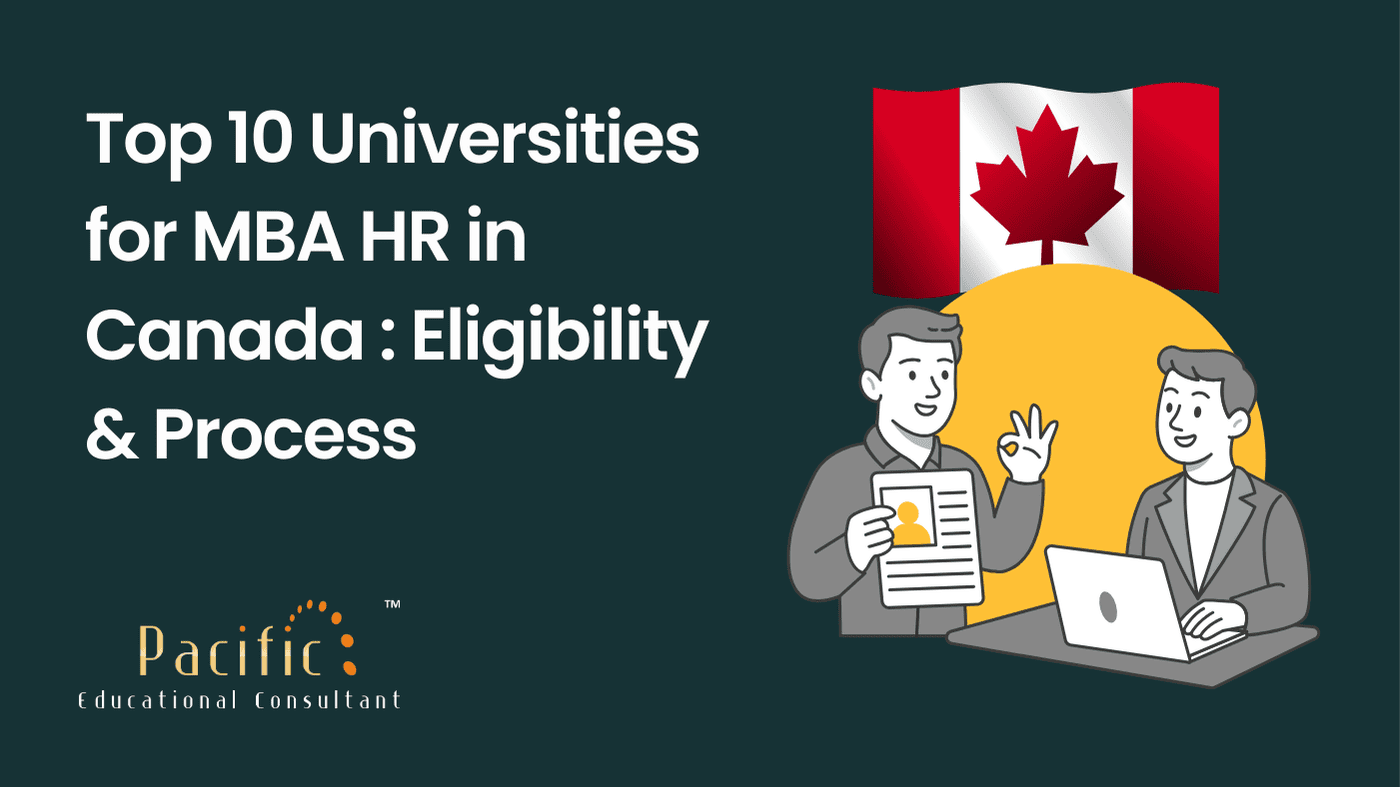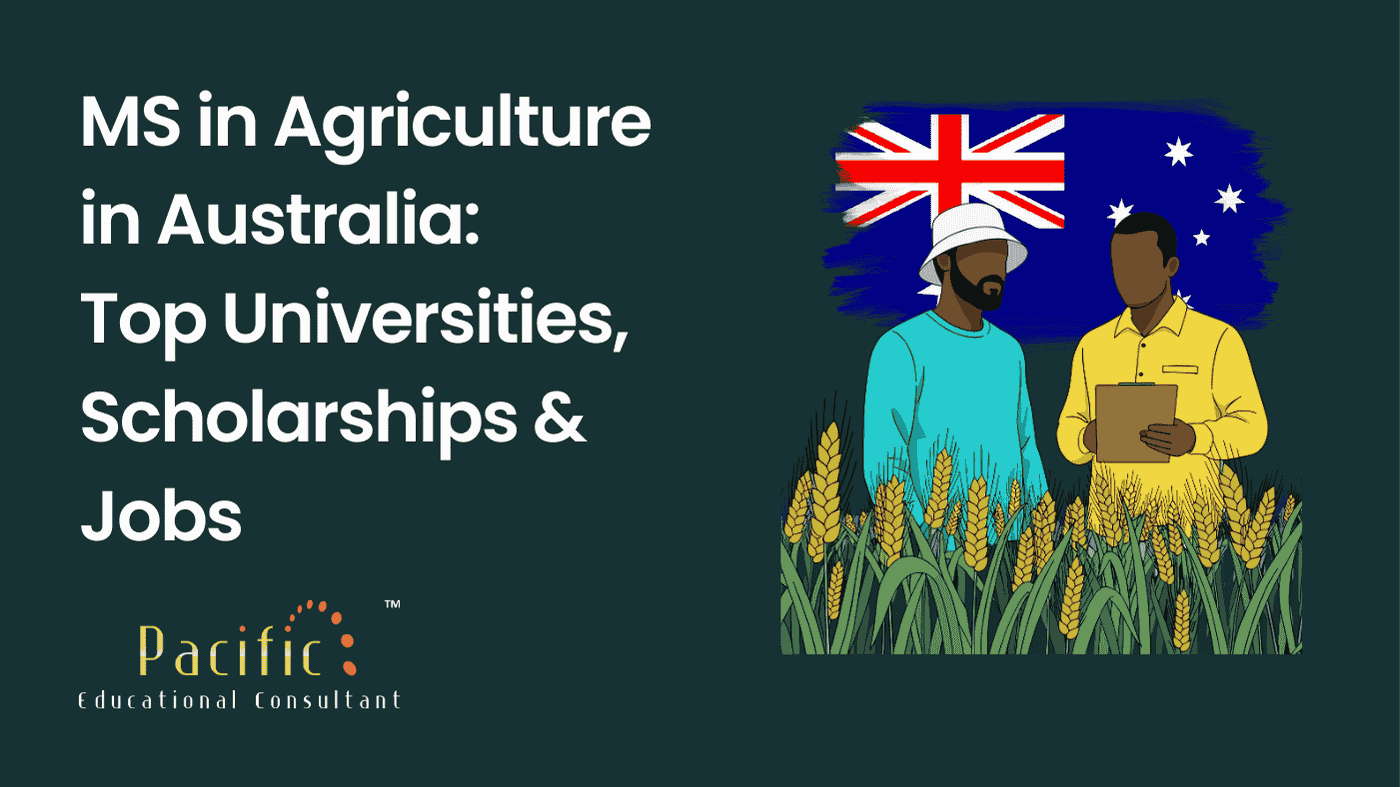


When reviewing your social media accounts, U.S. visa officers aren't just casually browsing—they’re analyzing specific factors that relate directly to your F-1 visa eligibility. Let’s break down exactly what they’re looking for and how you can avoid common social media pitfalls.
Visa officers cross-reference the details in your DS-160 form with your online presence. Discrepancies can signal dishonesty or carelessness.
Ensure alignment across:
Full name: Use your real name across profiles.
Educational background: Mention the same university as listed on your I-20.
Work experience: Match any internships or jobs with your CV and visa application.
Travel history: If you post about travel, make sure it's consistent with your visa stamp history.
Your online content should reflect your genuine academic goals and interest in studying in the U.S.
What helps:
Sharing your IELTS/GRE scores, admission letters, or excitement about your major
Following official pages of your U.S. university
Engaging with academic or student-related content
This reinforces your claim that your primary reason for visiting the U.S. is education.
To strengthen your non-immigrant intent, visa officers want to see that you have reasons to return to your home country—typically India, for many applicants.
Helpful indicators:
Posts about your family, cultural events, or festivals celebrated at home
Mentions of future plans in India (e.g., joining a family business, applying skills locally)
Involvement in local projects, clubs, or professional goals
These digital breadcrumbs show you're not looking to stay in the U.S. forever.
Contradicting your visa intentions online is a major red flag.
Examples that hurt your application:
Saying “I’m moving to the U.S. forever!” on Instagram
Tweets about gaming immigration loopholes or marriage-based green cards
Tagging friends in posts about illegal side gigs in the U.S.
Even sarcasm or humor can be misinterpreted. So if in doubt, delete or reword.
Any online connection to criminal or offensive behavior can tank your visa chances. Visa officers are trained to detect red flags that suggest character concerns.
Watch out for:
Posts involving drugs, alcohol abuse, or violence
Hate speech or xenophobic/racist content
Comments supporting illegal immigration or fraud
Even old or deleted posts can be screenshot and stored—always think before you post.
Associations or Groups Followed
Who you follow online matters. Visa officers often scan your connections and the pages or groups you're associated with.
Avoid following:
Extremist groups or pages
Organizations under international scrutiny
Profiles known for spreading misinformation or conspiracy theories
Engaging with shady communities could suggest sympathies that violate U.S. security protocols.
Duplicate accounts or strange activity (like buying followers) can raise doubts about your identity and transparency.
Visa officers may flag:
Fake profiles under different names
Suspicious engagement patterns
Troll or parody accounts in your name
Always maintain a single, professional online presence that reflects the real you.
| Factor | Safe Practice | Red Flag |
| Name & Info | Matches application | Fake name, inconsistent education |
| Purpose | University content, test scores | Posts about permanent stay |
| Ties to Home | Family & career posts | No visible links to home country |
| Content | Academic, positive | Illegal or offensive posts |
| Groups Followed | University, academic clubs | Extremist or political groups |
| Profiles | One real account | Fake or duplicate accounts |

Canada Super Visa in Kota | Parents & Grandparents Visa Experts

Malaysia Study Visa Requirements – Fees, Process, Bank Balance

MDS in Germany : Fees, Licensing, Salary & Eligibility for Indian Dentists

PTE Reading Tips and Tricks: How to Improve PTE Reading Score

Best Architecture Colleges in the World: Ranking, Fees & Admission

Top GMAT Accepting Colleges in World for MBA

Fully Funded PhD Scholarships Abroad for Indian Students

MBA in Project Management in UK: Top Universities, Fees & Jobs

Top 10 Universities for MBA HR in Canada | Eligibility & Process

MS in Agriculture in Australia: Top Universities, Scholarships & Jobs